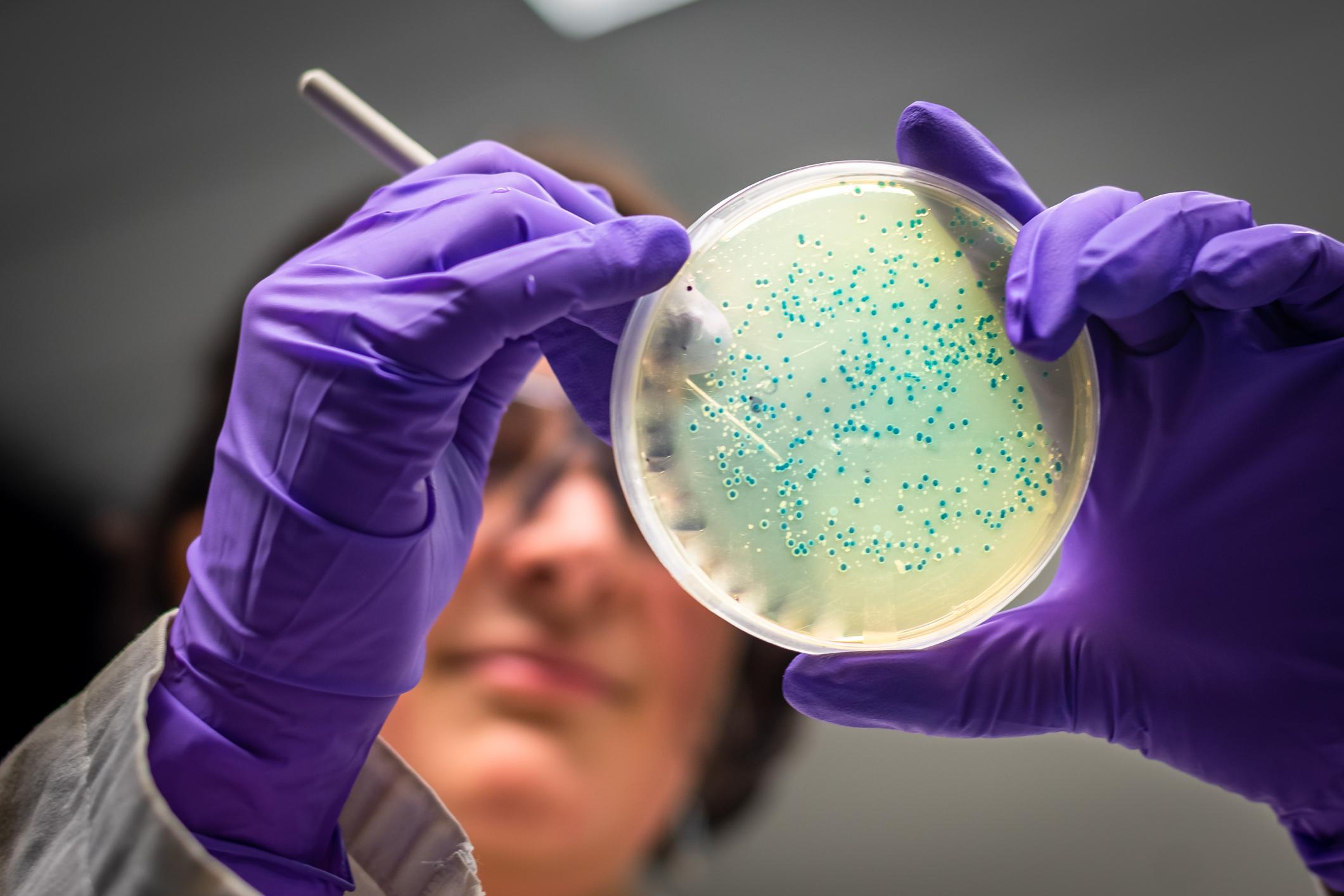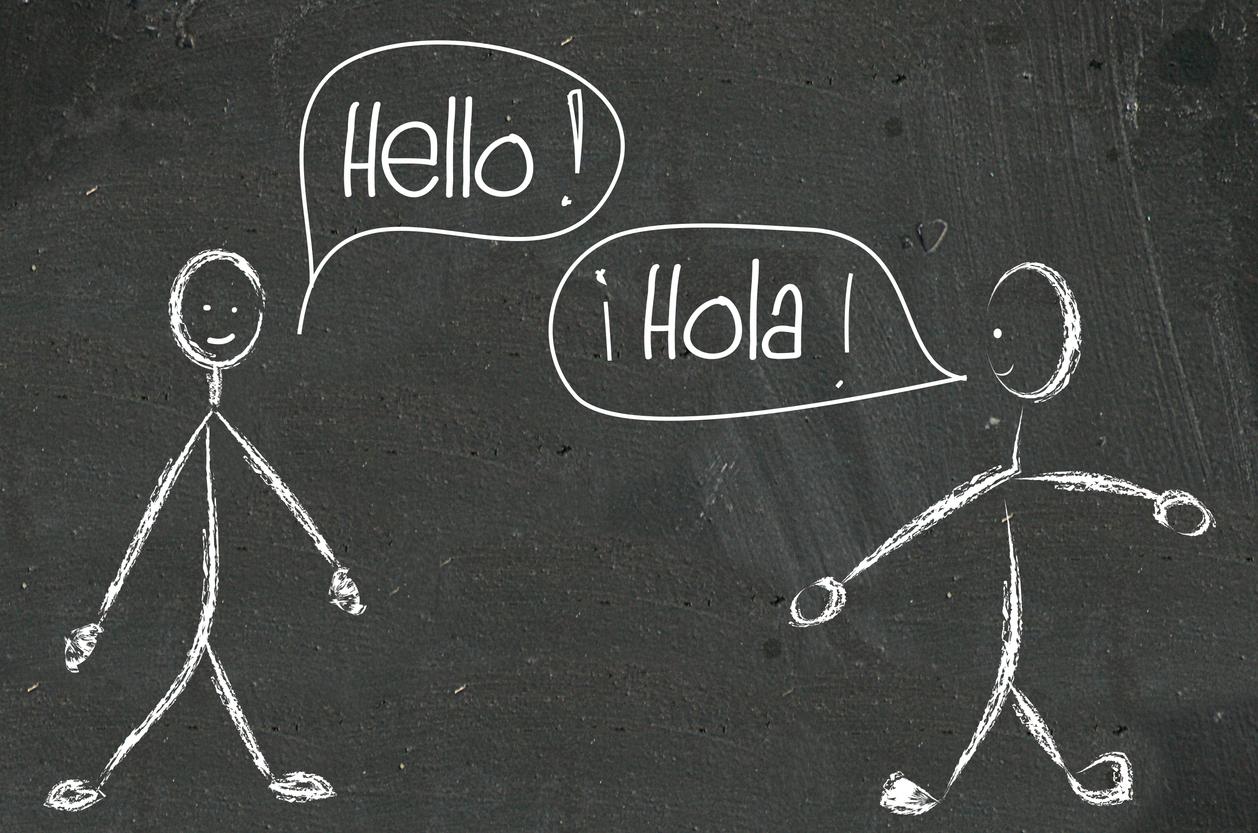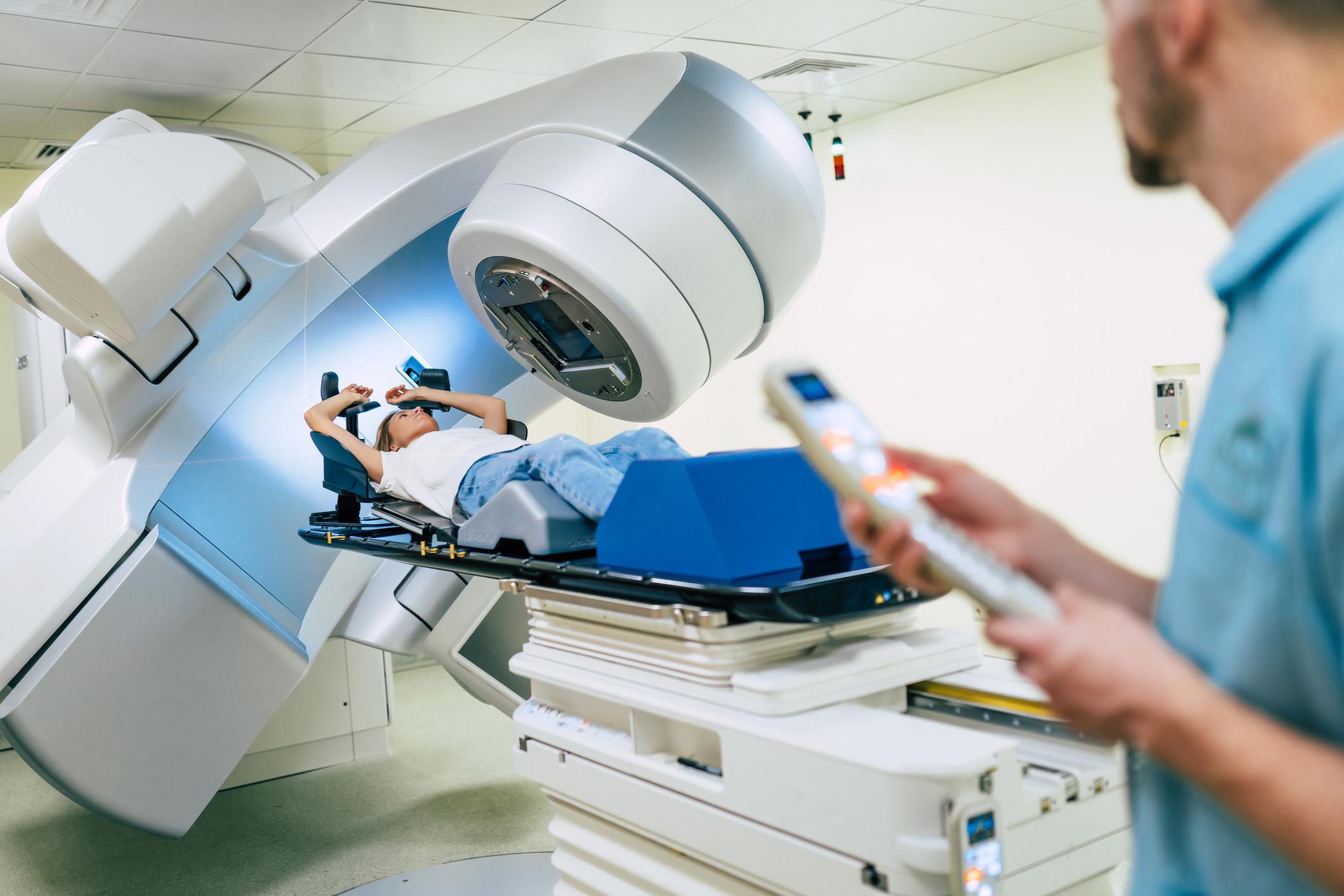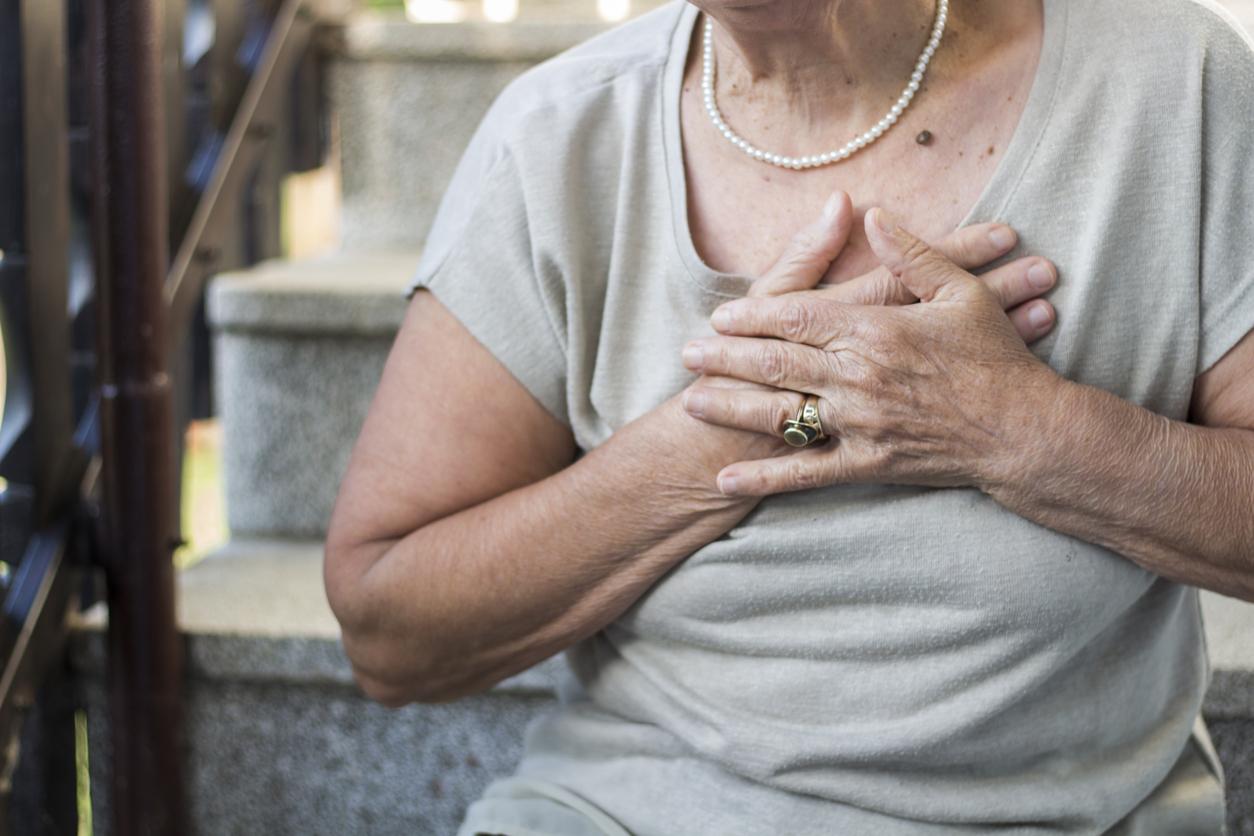Confidence in medicines in France has markedly declined, in particular because of the accumulation of health affairs. The lack of information is also pointed out.
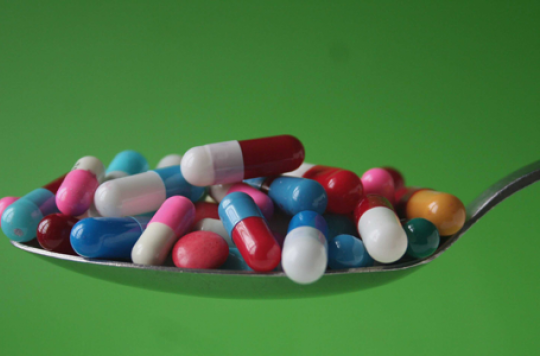
“The results of the Societal Medicines Observatory are a warning signal for all players in the health system, because confidence in medicines is a collective construction”, explains Leem, the professional organization bringing together companies. sector in a statement released on Thursday.
For the first time in four years, the results of the Ipsos survey (1) show an erosion of the confidence of the French with a drop of 12 points between 2013 and 2014 (87% against 75%). It is urgent to act so as not to let this climate of mistrust set in, say specialists. “In terms of drugs, public authorities have lost credibility and whistleblowers, even if they are obviously necessary, are more listened to by the public”, supports Philippe Lamoureux, general manager of Leem.
Confidence about to change
The repercussions in terms of public health worry the professionals of the sector. With a drop in compliance with essential treatments and a slackening in vaccination, as for whooping cough, for example.
“There is a very strong relationship in France to Science, observes Daniel Boy, director of research at the Center for Political Research of Sciences Po. Even if, until then, the drug has been preserved from this crisis of confidence in French society, in 2014 we are on the tipping point ”. According to him, the Mediator affair was not enough to shake this confidence. “It is the accumulation of crises that sowed doubts and eroded confidence,” he said.
And France seems to be in a singular situation, continues this sociologist. Northern countries like Norway do not have such a climate of mistrust. The French have a very strong commitment to drugs, says Daniel Boy. Nearly one in two French people take it every day.
More information
The lack of information felt by the population could also explain these doubts. 82% of those questioned, for example, feel poorly informed about the benefit-risk balance of treatments. For them, the interlocutors remain healthcare professionals such as their doctors at 94%, nurses at 89% or even pharmacists at 87%. The drug leaflet remains a valuable piece of information for a majority of French people. Conversely, only 43% of users trust pharmaceutical laboratories, 31% in the radio and 24% in the Internet.
A need for education and transparency
“Besides, the phenomenon of generalized mistrust which is developing in French society, the multiplication of more or less reliable and non-hierarchical information … have contributed to the decline in the confidence of the French observed this year”, concludes Leem. But how do you calm the worries? “This will necessarily require more transparency. Some companies have already started, and, in the long run, we can see very well in sociology that it works, ”analyzes the sociologist. For Leem, b the French population shows a real need for education to which all players in the drug industry must contribute.
(1) Carried out between February 24 and March 3, 2014 on 1017 individuals representative of the national population
.









